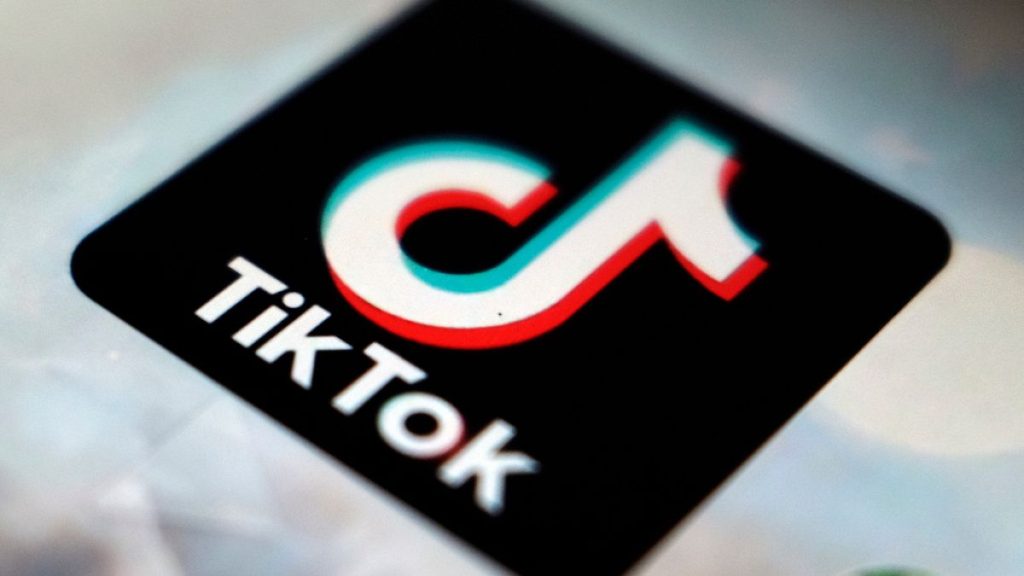In recent Romanian presidential elections, the video-sharing platform TikTok played a significant role, especially for Calin Georgescu, a lesser-known right-wing candidate who won approximately 22.95% of the votes in the first round. His success has sparked concerns regarding the influence of social media on political processes, leading Romania’s National Audiovisual Council to request an investigation by the European Commission into TikTok’s involvement in the elections. The Commission is closely monitoring the situation in collaboration with Romania’s Digital Services Coordinator, signaling an increasing awareness and regulatory scrutiny surrounding the role that platforms like TikTok play in shaping electoral outcomes.
Georgescu’s candidacy benefitted greatly from his strong presence on TikTok, a platform that emerged as a key source of political information for many Romanian voters, particularly those feeling disconnected from traditional political channels. Elena Lasconi, a reformist candidate from the Save Romania Union, trailed closely behind with about 19% of the vote, setting the stage for a second round of elections between the two candidates. The prominence of TikTok during this electoral cycle highlights a shift in how political campaigns operate, as candidates leverage modern digital platforms to connect with voters more intimately and personally than traditional media outlets allow.
The European Union’s Digital Services Act, which came into effect in August 2023, mandates transparency from major online platforms regarding political advertising and misinformation. Despite TikTok’s official policy prohibiting paid political advertisements and branded content promoting political entities, the platform reportedly faced scrutiny for allowing political figures to utilize monetization features, as highlighted in a recent analysis by the Bulgarian-Romanian Observatory of Digital Media. While TikTok claimed to enforce community guidelines vigorously to combat misinformation and deceptive practices, the findings raised questions about the platform’s effectiveness in adhering to its own regulations.
According to the Observatory’s analysis, social media, particularly TikTok, has risen as a primary source of political information among Romanian voters. This trend illustrates the potential for disenfranchised individuals to seek alternative voices outside mainstream political figures and traditional media. Georgescu’s unorthodox campaign strategies, including his alignment with controversial issues such as anti-vaccine rhetoric, underscore the complicated landscape of modern political communication, where non-conventional candidates can find significant traction on digital platforms despite lacking the financial disclosure typically required of mainstream political campaigns.
In response to concerns over election integrity and the potential manipulation of information through social media, the EU introduced new rules in March to enhance transparency in political advertising. These changes were aimed at preventing foreign interference and misinformation, underscoring the ongoing struggle to regulate digital platforms during critical political events. Mainstream candidates predominantly relied on established platforms like Meta’s Facebook and Instagram for targeted advertising, where expenditure was notably high, exemplified by current Prime Minister Marcel Ciolacu’s significant campaign budget. Yet, despite extensive spending by established candidates, it was Georgescu’s unconventional approach on TikTok that captured a notable percentage of voters.
As the electoral landscape continues to evolve with the influence of social media, the relationship between digital platforms and political processes is likely to remain a focal point for regulatory bodies. TikTok’s declaration of having no evidence of covert influence operations during the election, along with the scrutiny from Romanian authorities, emphasizes the need for ongoing dialogue regarding the roles technology and platforms play in shaping electoral politics. This situation highlights the broader implications for democracy as more voters gravitate toward non-traditional sources of information, showcasing both the empowerment and potential risks associated with political engagement through social media in the modern age.














